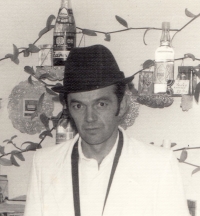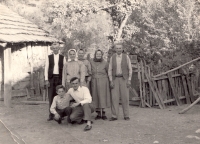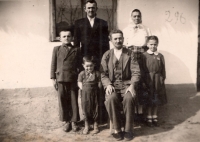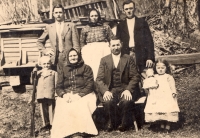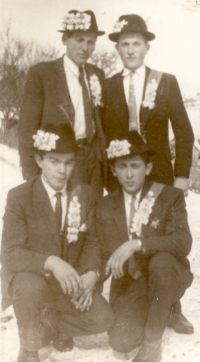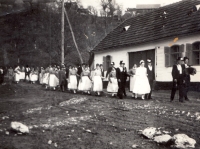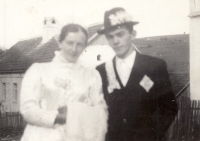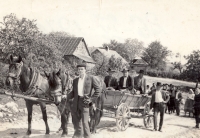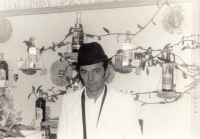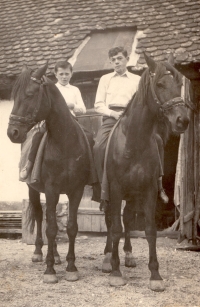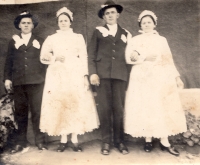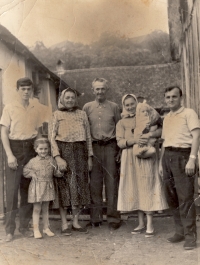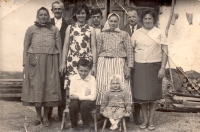Even though the godfather put us on the deportation list, I invited him to the wedding
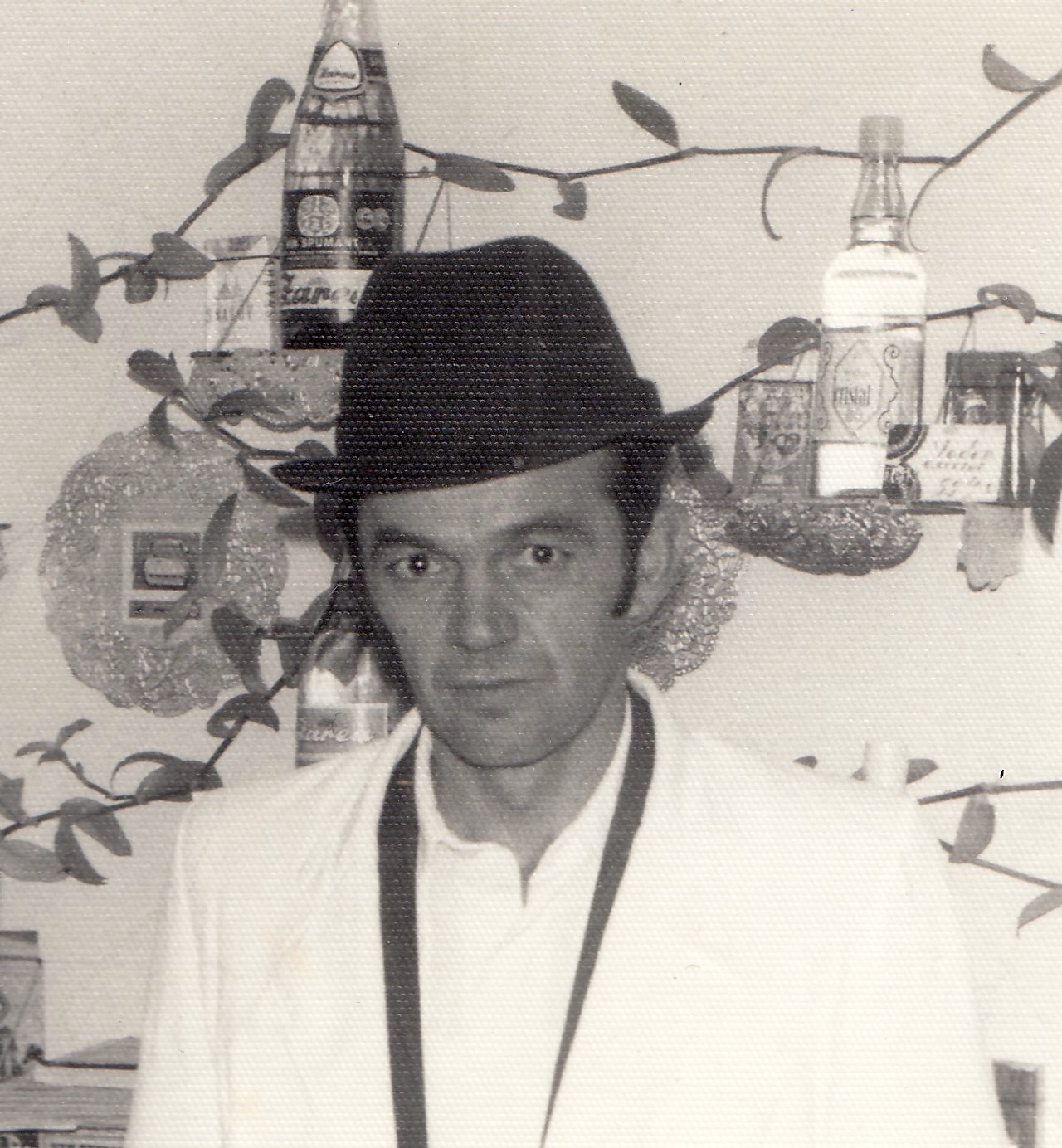
Download image
Václav Bradáč was born on 2 April 1950 in the Czech village of Gerník in the Romanian Banat. He grew up in a farmer family with two older siblings, his father worked as a veterinarian and his grandfather owned a forge and distillery. In June 1951, the Bradac family of five was destined for deportation to the Bărăgan region, where the communist regime had concentrated more than 40,000 inhabitants of western Romanian Banat, including several families from Gerník. Soldiers raided the Bradacs’ farm at night and told them that they had to prepare for deportation. Between 1951 and 1956, they survived in inhuman conditions on the vast plains near the town of Călărași. The deportees there suffered hunger, thirst, disease and isolation. The Bradáčs s first lived in an earthen house and later built a hut made of wood. The father of the family, sentenced to five years for not surrendering his guns, was sent to work on the construction of the Danube-Black Sea water canal, where a large number of political prisoners worked and died. He returned to his family in 1953. Additionally, his grandfather from Gernik also awaited deportation to Bărăgan. After returning to Gernik in 1956, the Bradacs had to wait at least another two years before they were allowed to reoccupy their devastated farm. Upon his return, the witness did not master the Czech language like his peers, but with the start of school (1957) the difference was wiped out. In 1969 he married, inviting his godfather, who was behind the deportation of the Bradacs to Bărăgan, to the wedding. In May 1970 he enlisted in the Romanian army. The course of his military service, according to the witness, was negatively influenced by his father’s criminal record from the 1950s. In the second half of the 1990s he moved permanently to the Czech Republic. The state compensated him financially for his deportation after 1989. At the time of filming, he lived in the Pilsen region (December 2023).
